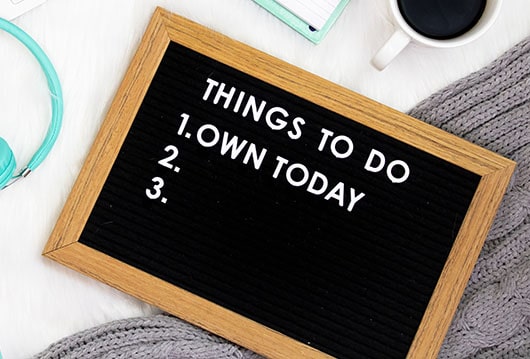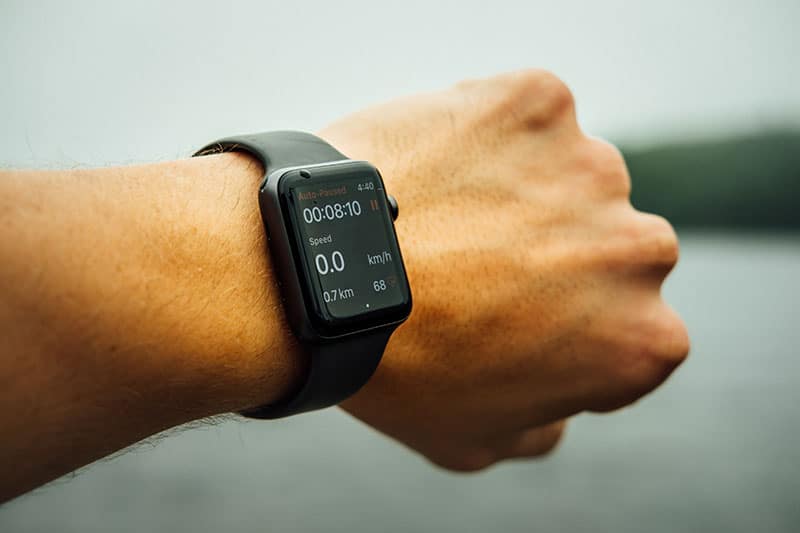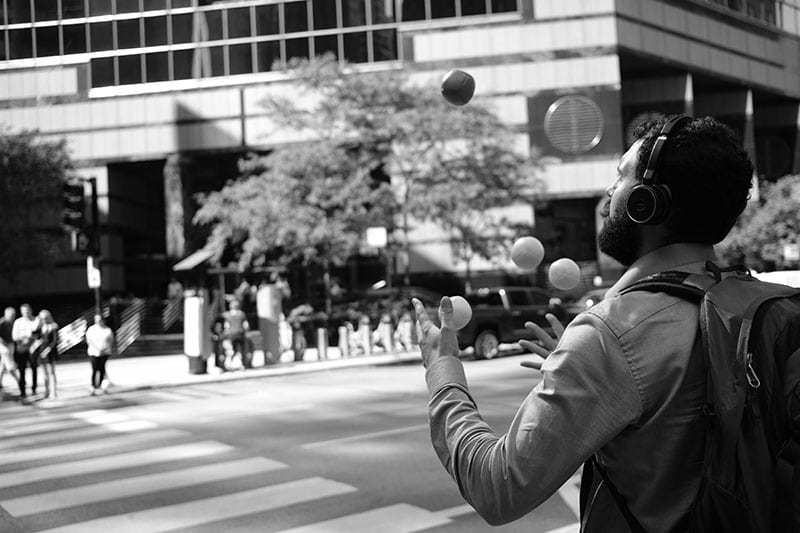Hand Hygiene: Shocking Statistics & How To Take Care of Your Hands
We’ve done the math on how many times nurses perform hand hygiene, plus some shocking facts and a few tips on how to take care of your hands as a nurse.
Our relentless research goes beyond shoes. Capsol allows us to talk all things nursing, from career advice and current news to self-care and mental health. These conversations with you, the community, and the world at large help us put our best foot forward when creating the best nursing shoes on the planet.

List all your patients and important times that tasks are due. These tasks include medications, procedures, notes, and labs to name a few. You can add new tasks as they come up. My preferred method is a pocket-size paper list I can easily pull out when I get overwhelmed. I call this list my backup brain. I treat my list as a game. As I complete a task on my list, I mark it out. Once my list is completely marked out, I win! This is a great tool to assist you in multitasking.


Once you have determined how much time each task requires, focus on the areas that required the majority of your time. Find ways to multitask in those time-consuming areas. One example might be to empty drains and foley catheters while you are doing your start of shift assessment.
I feel you should never multitask things of high importance or that are patient safety-related. Multitasking all the small odd jobs that you are required to do is a great way to save time. I would choose monotasking over attempting to multitask when it comes to things such as passing medications and administering blood transfusions. The last thing you want to do is compromise patient safety.


Author
most recent
We’ve done the math on how many times nurses perform hand hygiene, plus some shocking facts and a few tips on how to take care of your hands as a nurse.
Celebrate Pediatric Nurses Week as we talk about what pediatric nurses do, ideas for showing appreciation, and a breakdown of how to become one. Don’t miss this!
Ever wonder, what is with nurses and coffee? I mean, why do nurses love coffee? So many of us depend on that rich, hot java to jumpstart a shift.
0 Comments